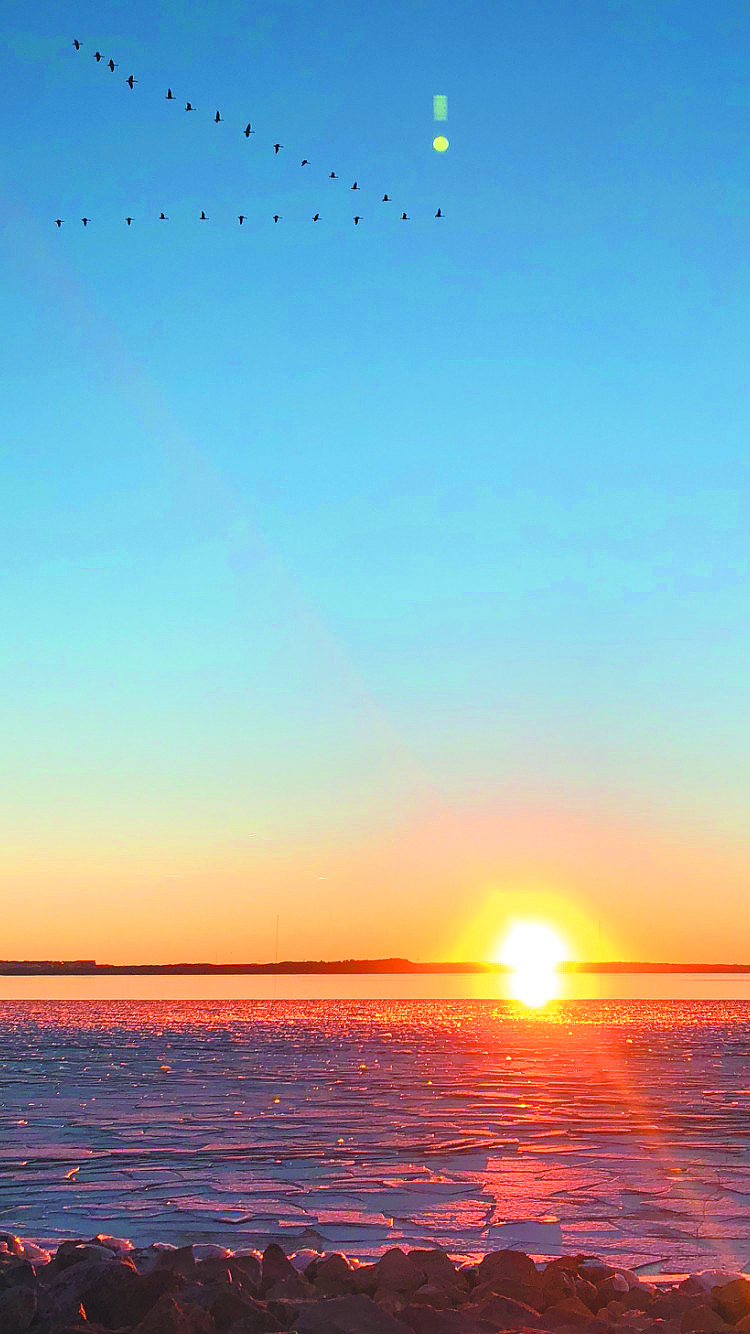
To the Editor:
As a kid, growing up on the Northside of Madison, summertime meant swimming in Lake Mendota. Trips to the beach would be the highlight of that day. But, sometimes the lake was closed for swimming due to blue-green algae blooms. I remember the lifeguards telling me this. I was devastated. The beautiful lake I remembered two days ago now had a thick green film on top and smelled horrendous. As I grew up, I learned to expect these blue-green algae closures. It was frustrating on those hot summer days with no swimming. Now I am a lifeguard. I see these algae blooms everywhere. I see disappointed kid after disappointed kid when I tell them the beach is closed again. I felt like I needed to learn more about algae blooms and what I could do about it. I learned there are a number of contributing factors.
The algae blooms we see in our Madison chain of lakes are caused by high levels of phosphorus. Phosphorus can be found almost everywhere and it is essential for all life. Plants, animals, and humans all need phosphorus to live. Through the weathering of rocks and erosion of soil, phosphorus ended up in our lakes and streams. Phosphorus can also be found in lawn care chemicals, leaves, and cow manure. All of this phosphorus is creating problematic algae blooms in our lakes. The majority of land in our watershed is used for agriculture. To be expected, agriculture runoff is the largest contributor to the high levels of phosphorus in our chain of lakes. But the blame can not only be placed on agriculture practices. In the city, lawn care chemicals and leaves flowing through our storm drains go directly into our lakes.
Simple practice changes such as leaving mowed grass clippings on the lawn to naturally nurture the soil and return the phosphorus all plants need is less harmful than lawn chemicals. Other maintenance like raking leaves out of the street gutter contributes to less phosphorus in our lakes. Another way to have a positive impact on Madison’s water would be to plant a rain garden. Rain and runoff is trapped into rain gardens, then the native plants filter the water and is returned to the watershed aquifer. Rain gardens are the obvious choice that Northside communities can easily implement. Taking this step in the right direction will result in less phosphorus in our lakes and lead to less closure of beaches due to algae blooms. Rain gardens are a triple win: functional, beautiful, and helpful for humans and wildlife. With advocacy and care for these issues, our Northside community can resolve and restore our lakes.
Check out how to create a rain garden: https://docs.google.com/document/d/1kJjdFc4vl0JSZcE8ys_Tvvgo38otqX4Jv_uvjwTL8yE/edit?usp=sharing
Erin Price